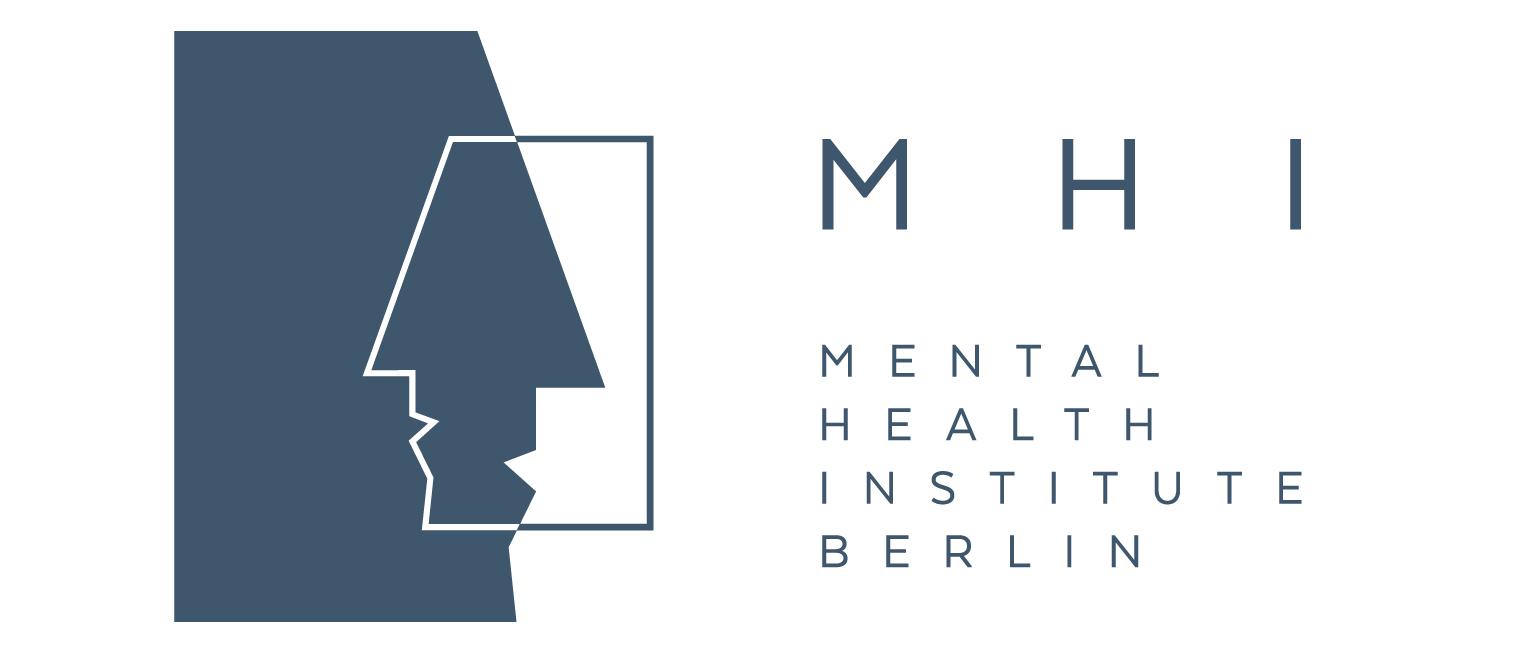Questions about grief

Our depth psychologist Lucia Kuipers was quoted in the Berliner Morgenpost on 04/18/2021 and interviewed on the topic of dealing with grief in the Corona pandemic. We would like to make the full interview available to you exclusively on our blog.
How meaningful is such a national commemoration? What effect/benefit can such a commemoration have?
Here I can only guess: People in mourning might feel seen in your loss through a national commemoration. On a symbolic level, such an event could represent community, sympathy, and being connected. However, it could also be that those affected feel little touched and picked up by such a rather formal event, because of course this commemoration cannot compensate for the aggravations in saying goodbye by the measures. The general population could be sensitized to the suffering and pain of those affected.
The community in particular suffers from the Corona pandemic. How can it affect a person’s psyche when a loved one dies alone from covid-19 in the hospital and no major funeral service is possible because of the protective measures – so there can be no collective goodbye? How stressful can it be not to be able to grieve appropriately/in the usual way?
Of course, every mourning process is as individual as the people themselves. So it may be that there are also people who prefer to grieve in silence, for themselves. Theories and concepts, as so often when it comes to individuals, represent reality only in partial aspects.
However, we have known for some time that attachment is a basic human need. We have an innate attachment system that is differentiated in the course of our development. This can be observed in all primates and presumably serves to protect the group from danger. The loss of a human being is a drastic experience and triggers massive stress and especially in stressful situations the attachment system is activated. Contact with other people often has a comforting and holding effect.
Many patients report feelings of guilt when they cannot be close to their loved ones during the time of parting. This is certainly much more often the case under current circumstances. In contact with death and farewell, we are also confronted with anger and feelings of helplessness, since death is inevitable and uncontrollable. We have to subordinate ourselves to this lawfulness. Therefore, it can be helpful if we develop rituals that can support a sense of control and security as we “do something” to deal with loss. Under current regulations, we are prevented from doing this, making it difficult to cope appropriately. Instead, the actions reinforce the experience of helplessness.
We know that situations of loss and separation are a risk factor for the development of anxiety, depression, and multiple psychosomatic complaints such as pain or heart problems. We suspect that this is related to inadequate processing of the loss.
How important is it in general to process a death together?
We distinguish between active and passive coping strategies to grieve. Active coping strategies take place alone, while passive coping strategies take place in a group. It is recommended to use both and for the grieving process.
We also distinguish between different stages of grief that grievers usually go through. Many people do not realize the loss of a loved one for a long time. Denial occurs in the sense of “not wanting to admit it”. It seems intangible that a familiar person is no longer available. The funeral service can help to make the death conscious and tangible at first.
When the loss becomes conscious, intense feelings such as fear, complete passivity, massive sadness occur. This very painful and difficult phase of coping with grief is easier to bear for many people if they are supported in community.


Mental Health Institute
The Mental Health Institute (MHI) Berlin is a private clinic that offers modern and scientifically serious day-clinical and outpatient treatment to people with mental problems and suffering.
